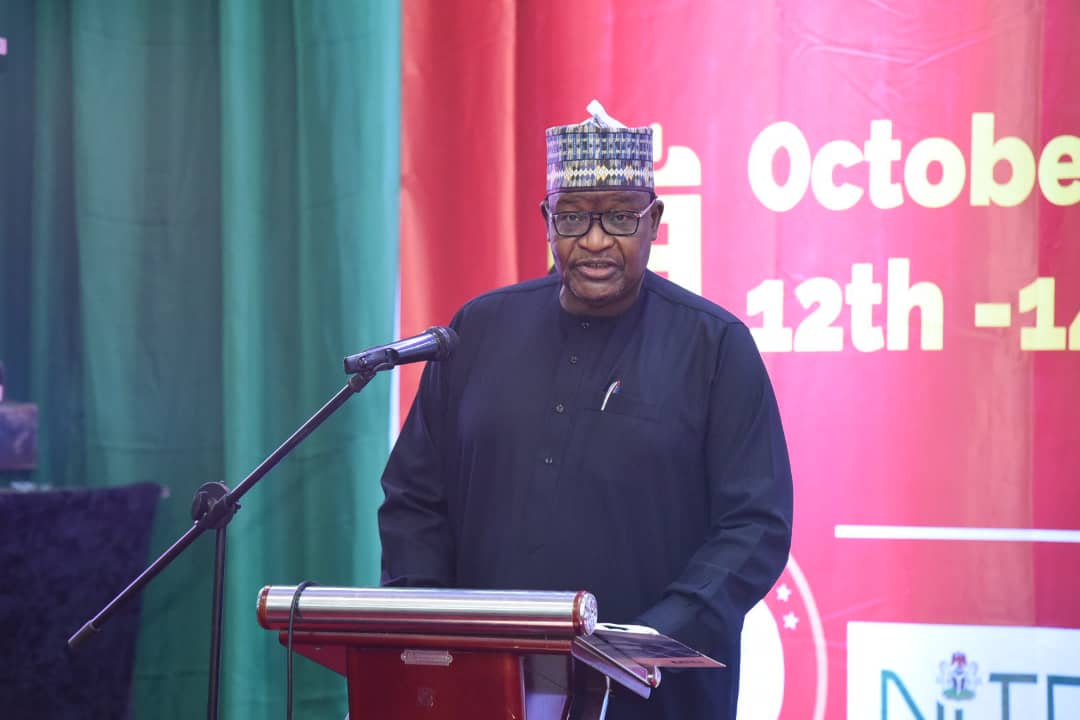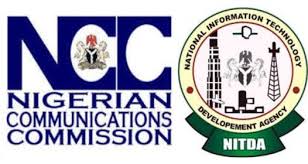Whereas the leadership of the lead professional body in telecoms, the Association of Telecoms Companies of Nigeria (ATCON) has cleared the air saying review of interconnection or termination rates is between networks and has no business with subscribers or tariff hike, the National Association of Telecommunications Subscribers (NATCOMS) argued that such review will end up raising voice tariffs on subscribers.
Interconnection or termination rates are the charges which one telecommunications operator charges the other, for terminating calls on its network either from abroad or locally and it is set by the Nigerian Communications Commission (NCC).
Explaining the matter in an exclusive interview with Business Hilights, ATCON President, Engineer Oulsola Teniola said “NCC has not made any decision to raise any voice cost. There is no likelihood that it’s going to up are the review”.
He said the fundamental issue is that certain termination calls that are masked as local calls by some fraud-minded operators, saying “If a call originates from abroad, it should be treated as foreign call by using Termination rate of N24. If from Nigeria, it should be treated like a local call in terms of the TR which is less than N24”.
“At the moment, within the industry, there seems to be same devices to mask the origination of a call and there are also other techniques used by some operators that are nameless and unlicensed operators that are circumventing the system.
“The reason being that the termination rate for an international call is N24 and a local call is a fraction of that amount. So there is a need for the regulator to look into why that is happening.
So interconnection determination is being reviewed as the EVC said.
“The reason for the review is that there are some operators that are not treating international calls the way they should be done, rather they surreptitiously apply local termination rate under a pretense that they are not aware that it is international call.
But the actual issue and reason for the intervention is that there are some operators that deliberately do not treat international calls correctly. They treat it as local calls at the region of termination rates between networks.
The real issue is that some operators are treating international calls as if they are local calls to attract a higher interconnection rate from other networks.
‘If you treat an international call and you are meant to pay N24 for the TR, you will be tempted to treat it as a local call because the TR for local calls is cheaper.
“So an international that is coming is being circumvented to look like a local call whereas it is not in the first instance. The reason why they are doing so is that they do not want to pay the full N24 interconnection rate to their fellow networks.
According to him, “Ordinarily, subscribers originating an international call do not know about the development. Local calls rates remain where it is and it is not affected in this matter, only international calls.
“The reason why some dubious networks are doing this is due to the falling value of naira in the face of dollar. Because it is now more expensive now as dollar has firmed against the naira.
He said “When you reconcile your bill and someone terminates too many international calls to your network and you generate the originator of the call a certain bill which will be higher especially now dollar is very much stronger than naira that means that your debt will be much higher than you think.
“So to escape the problem, networks make international call look like local call, via circumventing the system to pay less interconnection termination rate.
They make it look as if there are less international calls coming to the system, by pretense so as to pay the terminating network a lower amount. This is a sure way of shortchanging partnering networks.
In his submission, Teniola argued that “NCC needs to ensure that it reviews the pricing and put strong checks to monitor compliance by networks,” stressing that “the agency must see that the practice is eliminated using all their options that can give better results immediately”.
However, NATCOM’s President, Chief Deolu Ogunbanjo, had told the News Agency of Nigeria (NAN) in Lagos weekend that the review of the interconnection rates was not necessary, with the present economic situation of the country.
The 2013 rates, which took effect from April 1, 2013, has major operators terminating calls on new entrants/smaller operators’ networks at N6.40, while the smaller operators do same on major operators’ networks at N4.90.
“’I don’t think this is the right time to do any upward review. Government and its agencies should be sensitive to the plight of the people.
“’Government should understand that we are in recession and it is affecting every pocket; so, it is not a right time of increasing telecommunications tariffs,’’ Ogunbajo said.
He said that instead of reviewing the rates upward, the regulatory body should consider a downward review.
“NCC is not in the habit of reviewing downward; however, downward review will be a welcome development in view of the present economic situation,” Ogunbajo said.









